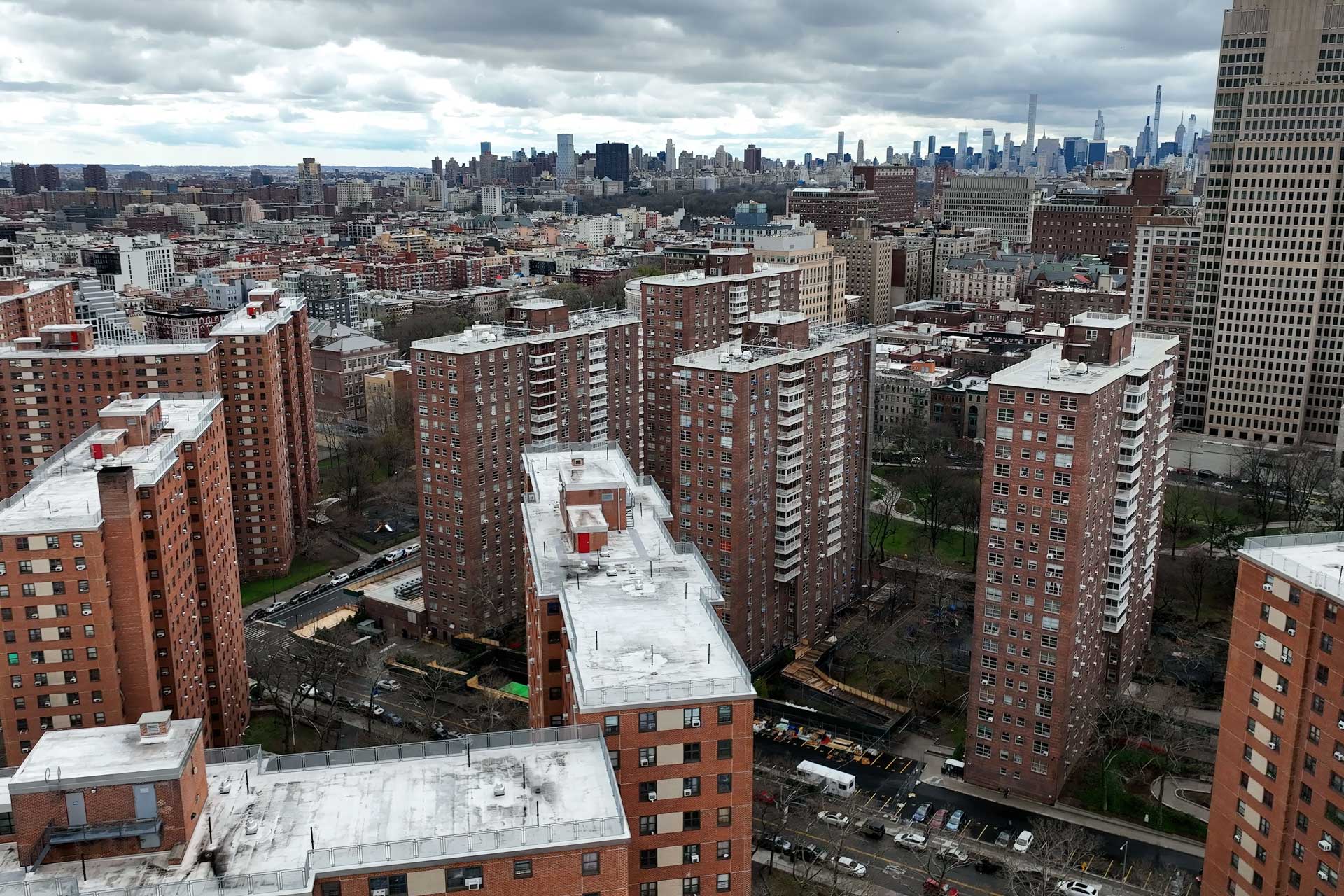
Soon after the U.S. Department of Housing and Urban Development (HUD) published Fair Value Rents for fiscal year 2023, the agency announced proposed changes to how Operating Cost Adjustment Factors (OCAFs) would be calculated, and updated Utility Allowance Factors (UAFs) for 2023. Both took effect February 11 and are designed to reflect the increased costs associated with providing housing thanks to historically high levels of inflation.
OCAFs are used to adjust or set project-based Section 8 rents under the Multifamily Assisting Housing Reform and Affordability Act of 1997 (MAHRAA). They are determined based on market-driven cost calculations for a defined period of time. OCAFs are applied to contract rent excluding any portion paid for debt service.
The factors included in the analysis used to set the OCAFs include electricity, employee benefits, employee wages, fuel oil, goods/supplies/equipment, insurance, natural gas, property taxes, and water/sewer/trash.
For 2023 only, the calculations for determining OCAFs changed in a number of ways. First, instead of comparing data for one-year, longer time periods were used for certain components to ensure the impact of inflation was captured. Second, data was pulled from later in the year (August versus May) to make sure it was more time relevant. Third, HUD switched from the Consumer Price Index to the Producer Price Index and other data to better reflect insurance rate spikes and the real-time cost of property insurance (LeadingAge New York. New Hud Calculation Method Doubles Annual Budget Increase).
The 2023 OCAF values apply to properties with contracts expiring on or after February 11. They vary by state and are listed at the end of the Federal Register Notice. In 2024 and beyond, data used to determine OCAFs will continue to be pulled from August (instead of May), but year to year comparisons – rather than longer time periods – will once again be used.
As for UAFs, they are used when owners/agents of Multifamily Housing properties who receive a utility allowance seek an adjustment to that allowance, per Housing Notice 2015-04. UAFs are updated once a year and available on the U.S. Office of Policy Development and Research HUD Portal.
2022 ended with more good news for propping up Section 8 Housing funds, thanks to the Consolidated Appropriations Act of 2023, signed into law December 30, 2022. HousingFinance.com reports: “The section of the omnibus appropriations bill that funds HUD had a provision that will bring relief to the Section 8 portfolio, which had rents marked down to market (MTM) over the past 20 years. Section 236 of the general provisions amends MAHRAA to provide for MTM properties to receive a budget-based rent increase (BBRI) that includes new debt service, debt-service coverage, and reserve deposits.”
HousingFinance.com goes on to say: “An owner now has the opportunity to receive a budget-based rent increase to cover operating costs or to substantially rehabilitate and recapitalize the property for the next 20 years. Most owners likely will do a major rehab as these properties are more than 40 years old, and they typically had minimal work completed as part of the MTM restructuring.” Watch for additional guidance in the coming months. (Ruvolo, Anthony and Wallace, Stephen. New Life for Section 8 Market to Market Properties. January 11, 2023. HousingFinance.com.)
No doubt all of this is good news will also result in heightened Section 8 housing activities and work. While you’re focusing on making the most of financial enhancement opportunities, you can depend on RBT CPAs to stay focused on your tax, accounting, audit, and consulting needs. We’re one of the top accounting firms in the Hudson Valley, known for our professionalism, knowledge, ethics, community service, and exceptional client experience. To learn more, give us a call today.
